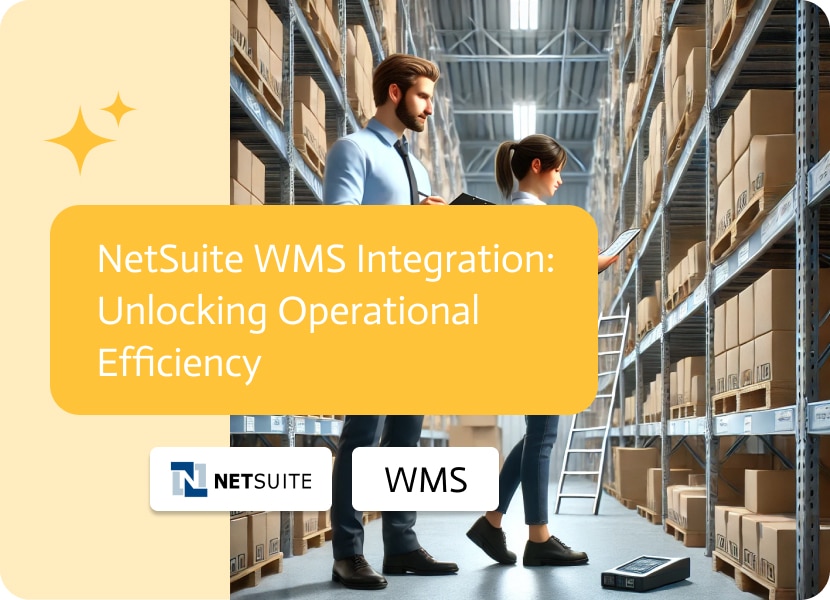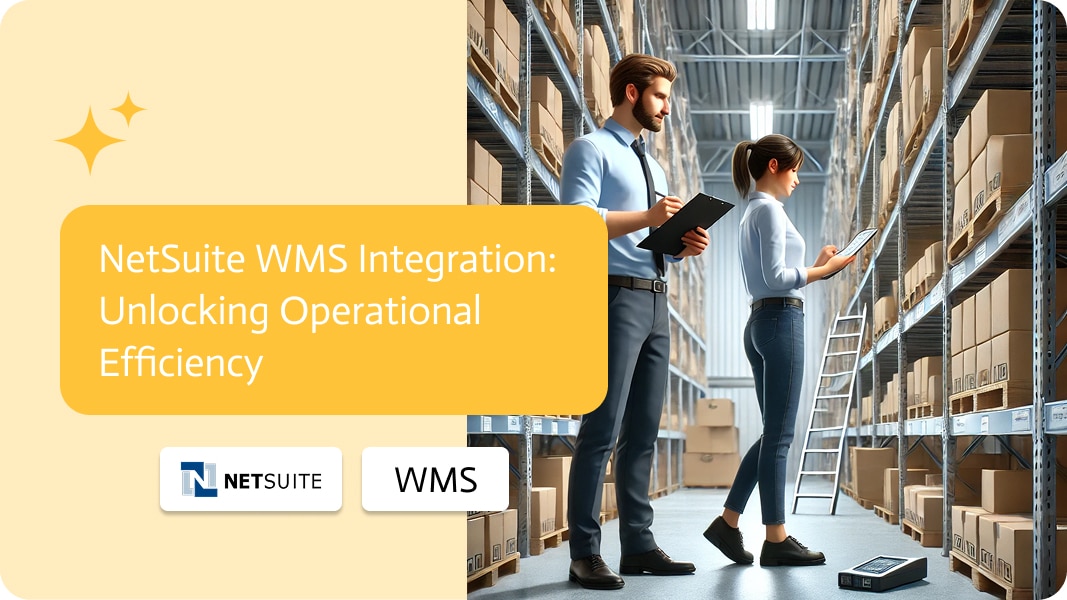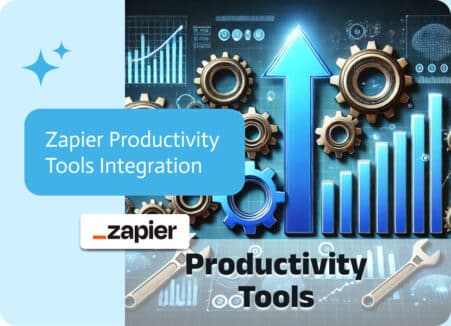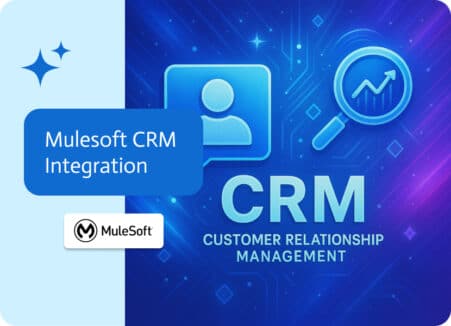

NetSuite WMS Integration: Unlocking Operational Efficiency
In today’s fast-paced supply chain environment, seamless system integration is a necessity. Connecting NetSuite Warehouse Management System (WMS) with other business applications, such as Customer Relationship Management (CRM) systems, enhances operational efficiency, improves inventory accuracy, and streamlines processes. This article explores the nuances of NetSuite WMS Integration, focusing on why businesses opt for it, the unique benefits it brings, and how leveraging an Integration Platform as a Service (iPaaS) simplifies this complex process.
The Need for NetSuite WMS Integration
Warehouse operations include inventory tracking, order fulfillment, and supply chain logistics. Without integration, businesses often face inefficiencies, data silos, and manual errors. By connecting NetSuite WMS with other applications, companies ensure real-time data flow, enhanced visibility, and better operational control.
However, integrating systems seamlessly can be challenging and costly. This is where iPaaS solutions come into play, offering significant advantages.
Benefits of NetSuite WMS Integration
Enhanced Operational Efficiency
By automating critical processes like inventory management, order processing, and shipping, integration reduces manual tasks. As a result, it minimizes errors and speeds up operations, boosting productivity.
Real-Time Inventory Visibility
Thanks to real-time data synchronization, businesses can maintain up-to-date inventory records and accurate stock tracking. Consequently, they can respond swiftly to changes in demand, optimize stock levels, and avoid overstocking or understocking.
Improved Customer Satisfaction
Streamlined operations and accurate data enable faster order fulfillment and delivery. This, in turn, leads to better customer experiences, as customers benefit from timely and accurate order tracking and deliveries.
Cost Savings
Automation and streamlined processes cut costs in labor, inventory holding, and order processing. Furthermore, iPaaS solutions offer subscription models, which are more cost-effective than building and maintaining custom integrations.
Use Cases of NetSuite WMS Integration
Retail: Managing Seasonal Demand
A large retailer faces high demand during the holidays. By integrating NetSuite WMS with eCommerce platforms, the retailer automates inventory replenishment based on real-time sales data. This ensures efficient stocking without overcommitting resources. Moreover, integration improves coordination with third-party logistics providers, reducing stockouts during peak periods.
Perishable Goods: Ensuring Product Quality
Green Rabbit, a logistics company for perishable goods, integrates NetSuite WMS with temperature control systems. This integration enables real-time monitoring of storage conditions, minimizing spoilage and ensuring compliance with safety standards. Consequently, customers receive fresh products even in challenging shipping conditions.
Third-Party Logistics (3PL): Streamlining Operations
A 3PL provider integrates NetSuite WMS with client ERPs to streamline order processing, inventory updates, and shipment tracking. This enhances client satisfaction by offering real-time inventory visibility and customized reporting.
eCommerce: Improving Fulfillment Accuracy
An eCommerce company integrates NetSuite WMS with its order management system to automate picking, packing, and shipping. Consequently, order fulfillment is accurate and timely, reducing overselling risks and administrative burdens associated with returns and refunds.
Why Companies Opt for iPaaS Solutions
Most companies prefer iPaaS solutions over native integrations due to their flexibility, scalability, and cost-effectiveness. Native integrations can be rigid and hard to scale, whereas iPaaS solutions offer a unified platform for managing all integration needs, making them ideal for growing businesses.
Noca AI, an AI-first iPaaS platform, exemplifies this transformation. With Noca AI, businesses can automate complex workflows, reduce manual intervention, and ensure smooth communication between NetSuite WMS and other systems.
Conclusion
NetSuite WMS Integration is essential for businesses aiming to enhance operational efficiency, accuracy, and customer satisfaction. By leveraging iPaaS solutions like Noca AI, companies can navigate the complexities of integration effortlessly, allowing them to focus on core operations and growth.
Effective integration streamlines processes, reduces costs, and ensures compliance with industry standards. Moreover, companies that embrace this approach are better equipped to handle modern supply chain complexities, drive innovation, and maintain a competitive edge. By investing in iPaaS solutions, businesses unlock new opportunities, streamline operations, and ensure sustainable growth.
Q&A: Common Questions about NetSuite WMS Integration
1. What are the typical costs associated with NetSuite WMS Integration?
Costs depend on integration complexity, the number of systems involved, and the chosen approach (native vs. iPaaS). iPaaS solutions often offer predictable subscription-based pricing.
2. How long does it typically take to implement NetSuite WMS Integration?
Implementation time varies based on project scope, system readiness, and available resources. Simple integrations may take a few days, while more complex setups could take several months.
3. What training is required for staff to use integrated NetSuite WMS systems?
Training typically includes system navigation, process automation, and data management. iPaaS platforms like Noca AI offer user-friendly interfaces and support, reducing the learning curve.
4. How does NetSuite WMS Integration improve compliance?
Integration ensures consistent data flow and real-time monitoring, which helps maintain accurate records and meet regulatory requirements. Automated reporting and audit trails further enhance compliance.
5. Can NetSuite WMS Integration be customized for specific industry needs?
Yes, NetSuite WMS Integration can be tailored to industry-specific requirements. iPaaS solutions provide customizable workflows and connectors, allowing businesses to adapt integration to their unique operational needs.


